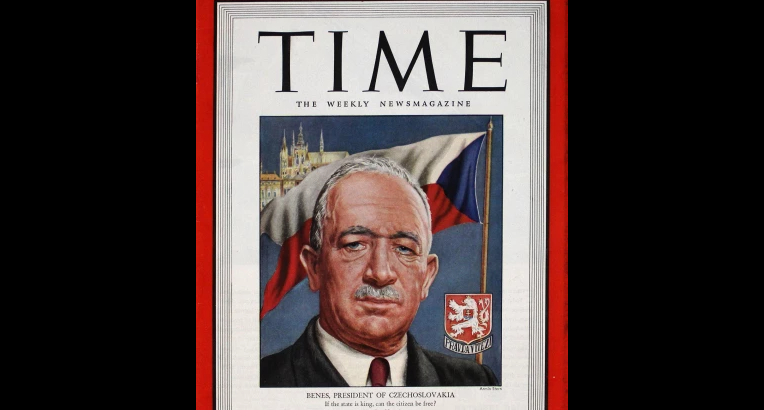The history of one of the two most recognizable names Czechs and its people have been called, Bohemian.
Vlasta Adele Vraz : A Czech-American during Communist Czechoslovakia
Jiřina Šiklová: Sociologist, Gender Studies Professor, and Dissident
Capuchin Crypt
Tomáš Masaryk and the United States
The Bohemian Revolt: Battle and Execution
Czech Cottage Culture
Warsaw Pact
Oldřich Kulhánek and the Czech Koruna
Language of the Flowers
Czech Spa Cups
A History of Czech Feminism
The once egalitarian, agrarian society of Bohemia became ruled by the Hapsburg Dynasty, causing a regression in women’s rights until Christianity helped improve their lives. The National Revival brought the creation of Czechoslovakia and greater rights for women. When communism came, rights improved in some ways and did not in others. The change to a capitalistic democracy brought further changes.
Czech National Revival
Karlovy Vary Film Festival
The Karlovy Vary International Film Festival, or KVIFF, hosts about 200 films from around the world and is the oldest film festival. Located in Karlovy Very, Czech Republic, the film festival is held annually in July and is the most prestigious festival in Central and Eastern Europe, boasting a popular feature film competition.
The Legend of Lech, Cech, and Rus
The Bohemian Revolt: Defenestration and War
The decision in establishing an emperor’s successor would lead to a conflict that would spark the Thirty Years’ War. The Bohemian revolt initially started off in favor of the Bohemians, but it damaged diplomacy. Victory in this conflict for either side would hinge on the battle that would take place at White Mountain.






